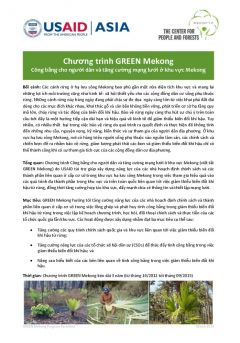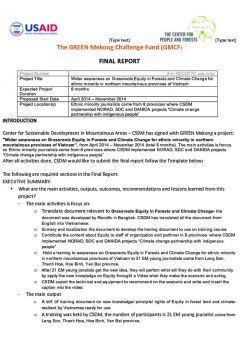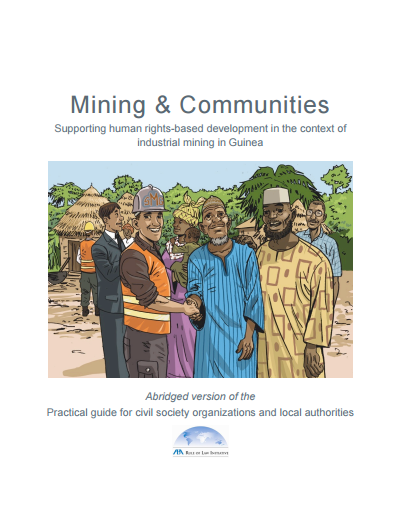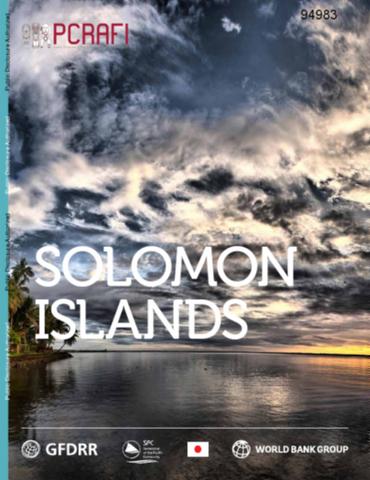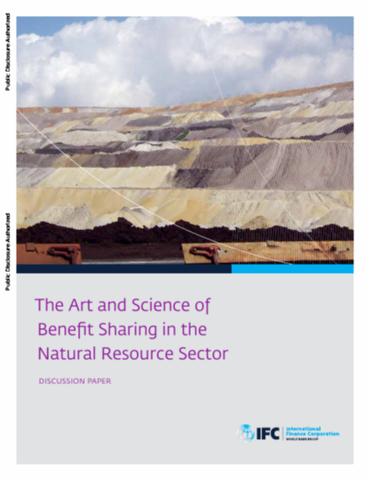Enhancing the Livelihoods of the Rural Poor through ICT - A Knowledge Map
The major objective of the study was to
come up with illustrative success stories as well as
failures to give lessons on ICT interventions in the area of
rural livelihoods and their impact in Tanzania. The key
issues addressed in this study were: 1) common ICTs used by
the rural poor in Tanzania; 2) which ICTs are regarded as
attractive by different groups and why; 3) the use of ICTs
by different age cohorts as part of their livelihoods


